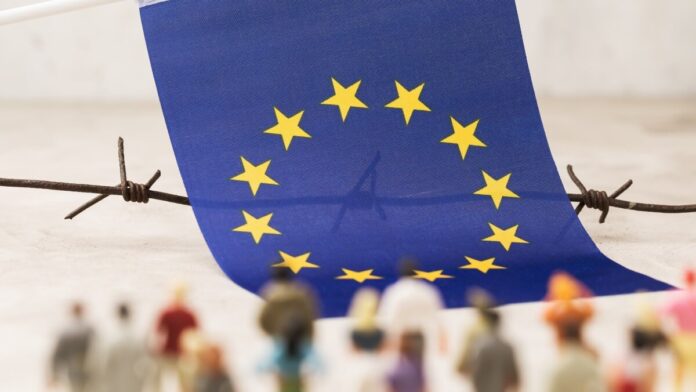More than 50 organisations have expressed their concerns over Germany’s proposed legal amendments to make saving persons from drowning in the Mediterranean and transporting them to the shore a criminal act, punishable by a maximum imprisonment period of ten years.
Amnesty International, Doctors Without Borders and other sea rescue organisations warn that the planned change to the law could “blur the distinction between profit-driven smuggling activities and humanitarian assistance,” SchengenVisaInfo.com reports.
In a statement, the organisations have expressed concerns that the amendment would place Germany among the EU countries that are shrinking their space for civil society, considering it as a dangerous trend that must be stopped. In addition, a study has indicated that it strikes at the heart of European values and contributes to the erosion of rule of law as well as democracy.
While the German government emphasised in a statement that the amendments to Section 96 of the Residence Act are not intended to criminalise sea rescue, legal experts view this claim critically, underscoring that the ministry’s intentions are irrelevant to the interpretation.
Last week, the Commission unveiled new legislation in order to halt and fight migrant smuggling. In addition, the Commission also introduced a Call to Action for a Global Alliance to Counter Migrant Smuggling at the International Conference held in Brussels.
The new changes came following President of the European Commission, Ursula von der Leyen of 2023, during which she urged for strengthening all disposable tools to effectively counter migrant smuggling.
Such new measures, according to the Commission, establish a new legal, operational and international cooperation framework addressing migrant smuggling for the years to come.
Migrant smuggling is a criminal activity that disrespects human life and the dignity of people in the pursuit of financial or other material benefits. Smuggling networks make substantial profits from their criminal activities, ranging between EUR 4.7 – 6 billion worldwide annually.
Authorities in Germany have tightened immigration and asylum policy, amid irregular migration concerns.
The statistics from the German Police revealed that from January until September this year, a total of 92,119 people entered Germany in an unlawful way, thus raising concerns that the country could receive a larger number of irregular entry attempts compared to 2016.
Recently, the Interior Minister of Germany, Nancy Faeser, introduced a new deportation legislation for sending unsuccessful asylum seekers back to their home states, as part of efforts to address immigration concerns.
Faeser said that the draw law would create the conditions required for expulsion and returns to take place, through over 40 measures.
Besides, last month, Germany introduced checks at borders with Switzerland, Poland and Czechia as part of efforts to halt irregular migration.


